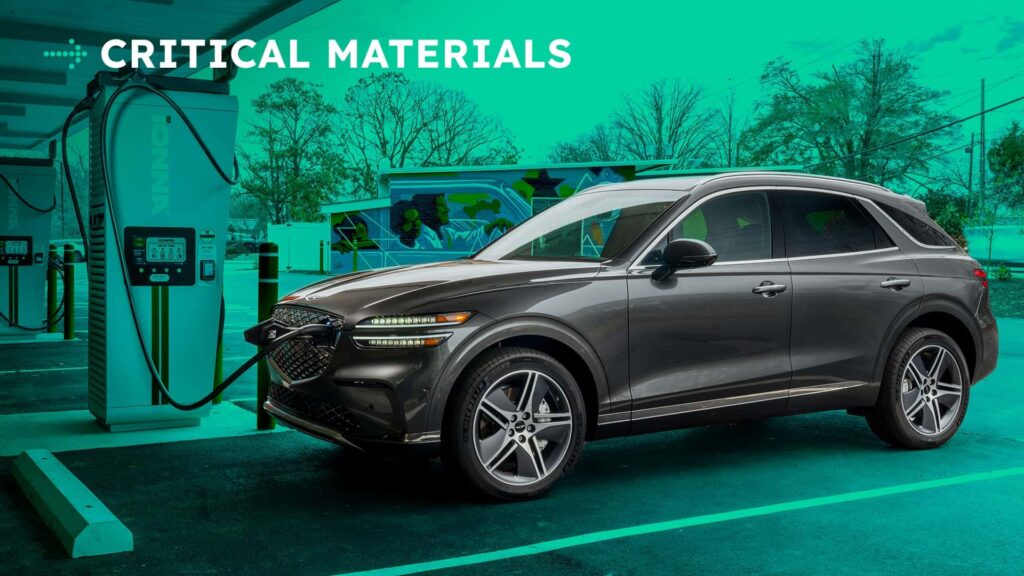Solid state batteries have been a hot topic in the world of electric vehicles, with many automakers and battery plants working hard to bring this technology to the market. The promise of longer ranges, faster recharging, and improved performance has made solid state batteries a highly anticipated development in the EV industry.
However, Kia has recently cautioned that the road to commercializing solid state batteries is longer than some might expect. At Kia’s 2025 EV day, Hyundai’s Global Product Planning Chief, Spencer Cho, stated that the commercialization of solid state batteries for Hyundai, Kia, and Genesis EVs may not be achievable until at least 2030. Cho emphasized the complexity of the technology and the challenges in manufacturing these batteries at scale.
While Hyundai is taking a cautious approach, other automakers like Toyota, Honda, and Nissan are pushing forward with aggressive timelines for solid state battery adoption. Toyota aims to have its first solid-state EVs ready by 2027 or 2028, while Honda is testing solid state packs that promise up to 620 miles of range. Nissan, on the other hand, is aiming to have a solid state battery with twice the capacity of lithium-ion batteries on the road by 2028.
The race to bring solid state batteries to market is intense, with automakers hoping to gain a competitive edge by being early adopters of this technology. However, the challenges in battery breakthroughs and manufacturing complexities highlight the uncertainty surrounding the timeline for solid state battery commercialization.
In the midst of this technological race, Nissan is facing its own struggles. The company’s CEO, Makoto Uchida, is under pressure as Nissan’s financial performance declines, and there are reports that the board is preparing for his replacement. The downgrade of Nissan’s credit rating to junk status further adds to the company’s challenges.
On a different front, Stellantis chairman John Elkann has urged U.S. President Donald Trump to reconsider imposing tariffs on cars and instead target vehicles imported into the U.S. without any U.S.-sourced parts. Elkann believes that focusing on these vehicles would close a significant loophole in the system and benefit the American auto industry.
As the industry grapples with these challenges and uncertainties, the question remains: are consumers willing to wait for solid state batteries to become a reality? The future of EVs holds great promise, but the timeline for solid state battery commercialization remains uncertain. It’s a waiting game that could significantly impact the future of electric vehicles.

